Norm Cowie, CCE
Director of Credit for Paramont-EO, Inc.
Are you interested?
The interesting thing I am interested in talking about is … (drum roll) … interest.
Particularly finance charges.
In the construction industry, finance charges are a topic many walk carefully around, while others, like yours truly, am perfectly willing to bring it up with customers.
Which scares the heck out of salespeople. If you want to see your salesperson make the funniest face, tell him/her you’re going to chase ‘their’ customer for finance charges.
I get it, it’s the first thing a salesperson would want to sacrifice if they had to give something up After all, it’s probably not something they get commission on, so it’s just an accounting thing to them. No problem, sure, give it away. Write them off, or better, don’t charge them in the first place. But it’s so much more.
Payments in the construction industry, particularly when you’re as far down the tiers as a supplier to a subcontractor to a general contractor to the owner, means payment often runs far beyond your payment terms. And distributors don’t have that same pay-when-paid luxury with the manufacturers that many contractors think they are entitled to. How often does a credit manager contact his/her customer for payment and they hear, “…sorry, we haven’t been paid yet”? And they expect this reason to be accepted.
This is one of the reasons our DSOs can be so high. Some distributors see DSO in the 70’s, or even worse. That means you’re financing one, two or more months of your customers’ balances. This wasn’t fun when interest rates were around 3%, but now rates can be 8% or more. That’s expensive stuff.
Our DSO isn’t anywhere near that, and one of the reasons is because of finance charges. I know for a fact that our DSO is as much as thirty days better than some of our competitors. Thirty days, not three, not thirteen, thirty.
And the worst thing for those competitors is not only do they have to finance more of their customers’ balances, but they don’t recapture any of it with finance charges. Plus, if their customers’ balances string out too long, it could drop their AR from their borrowing line of credit. Double whammy.
Sure, this may help their sales some, but you can’t easily make it up by raising your prices, because this will hurt you in a bidding environment like ours. Because we assess finance charges, we can be a little more competitive.
So how can you start charging finance charges if you never did it before? I’ve run into this twice. When I first started at Evergreen Oak Electric Supply in 1989, Evergreen Oak didn’t charge finance charges. Then we became one of the first in our industry to do so. In 2012, we had a merger with Paramont ES to become Paramont-EO, Inc, and it was a merger of one company that didn’t charge finance charges with one that did. We quickly made the decision to continue Evergreen Oak’s procedure.
Sure, customers balked at first. Some left to find pastures where the suppliers weren’t so evil, so we lost some poorer paying customers. I have another name for them. More risky, more expensive since we finance their business. Of course, this made them higher lien risk as well. Salespeople cried to see them go, even though they lost commission based on slow pay.
But this could be why we historically have very little bad debt. In three of the last five years we had no bad debt, in the fourth we wrote off $1400. We collected over five dollars in finance charges for every dollar we wrote off. Until the rates went up this year, our finance charges covered over a third of our bank interest charges.
You’re probably wondering if we take a strict line with all of our customers on interest charges. Of course not, we are flexible and work with customers. If a finance charge goes out to one of our best paying customers, do I expect them to pay it? Of course not, but when they question it, we find out why the invoice(s) that caused it are not being paid. And disputed invoices are exempt from finance charges.
Will I negotiate them? Yes, we charge the highest rate allowed by the State, so there’s room for me to find compromises that work for both sides, not just them.
Will I really chase someone for them? Yes, I will. One chronically slow-paying customer came to see me a few years ago, and we worked out a deal where I removed all of their open charges in return for an agreement where they would pay a flat percentage of them going forward and we would remove the difference. But they kept on paying like garbage, and they refused to pay the agreed amount. I pushed them to adhere to our agreement, and when I withdrew credit, we collected everything, except the finance charges they agreed to.
So I sent them collections for the finance charges and am willing to pay the court fees to commence suit.
And we have a personal guaranty, but that’s a story for a different article.
Recent Posts
- Tariff Fatigue June 24, 2025
- Obtaining Financial Records from Hesitant Customers May 29, 2025
- What Happens Next? May 8, 2025
- Three Reasons to Ignore Recession Talk (and One Reason Not to) April 24, 2025
- Stability in Uncertain Times: Insights on Small Business Performance and Market Trends March 26, 2025
- Economic Reconnaissance | Now Comes the Hard Part February 3, 2025











